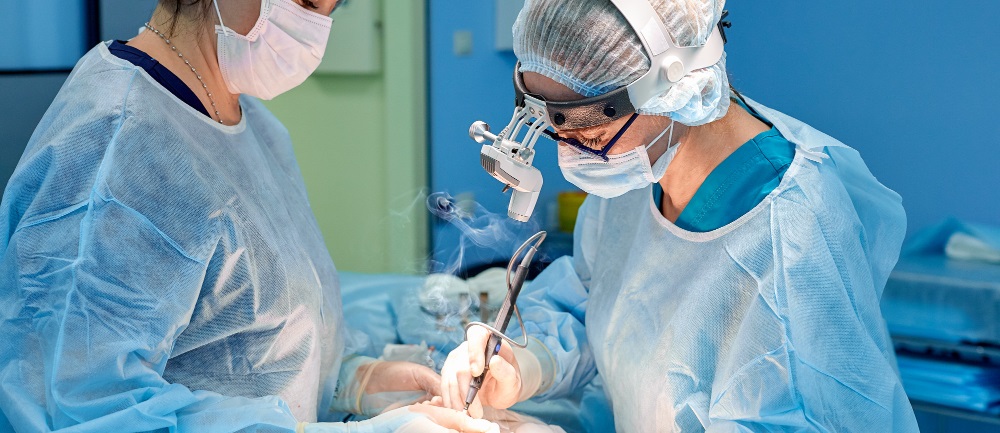
In the field of modern surgery, especially in procedures like hernia repair, the choice of surgical mesh can significantly impact patient recovery, surgical outcomes, and long-term success. Among the many types of surgical mesh available today, Monofilament Polypropylene Mesh has gained prominence for its strength, biocompatibility, and low risk of infection.
At [Your Company Name], we manufacture high-quality Monofilament Polypropylene Mesh designed to meet the exacting standards of surgeons and healthcare providers worldwide. In this blog, we explore the 7 key benefits of using monofilament polypropylene mesh in surgical procedures.
1. Excellent Biocompatibility
Monofilament polypropylene is a highly biocompatible material, meaning it is well-tolerated by human tissue. This reduces the risk of inflammatory reactions and supports smooth integration into the body. Our mesh is designed to minimize foreign body response, which helps promote faster healing and better patient outcomes.
2. Reduced Risk of Infection
One of the primary advantages of monofilament mesh over multifilament alternatives is its smooth, single-strand construction, which limits bacterial adherence. Multifilament meshes, with their braided structure, can trap bacteria and fluids—making them more prone to infection. Monofilament mesh offers a cleaner, safer solution that significantly reduces postoperative infection risks.
3. High Tensile Strength and Durability
Monofilament polypropylene mesh is known for its superior tensile strength, which ensures it holds its shape and position even under high pressure. This strength makes it ideal for hernia repair, where the mesh must support tissue and prevent recurrence. Our mesh is engineered to provide long-term durability without compromising flexibility.
4. Lightweight and Comfortable
Modern surgical meshes must strike the perfect balance between strength and comfort. Our lightweight monofilament mesh is designed to minimize patient discomfort while maintaining structural integrity. It provides excellent tissue support with minimal bulk, which translates to better patient comfort and reduced chronic pain post-surgery.
5. Easy Handling and Adaptability in Surgery
Surgeons prefer monofilament polypropylene mesh due to its ease of handling, cutting, and suturing during procedures. The mesh is soft, pliable, and easily conforms to the anatomy of the patient. This facilitates faster surgeries, better placement, and reduced operative time.
6. Minimal Tissue Reaction and Shrinkage
Monofilament mesh is associated with low tissue reaction and minimal fibrosis. Additionally, it demonstrates very low shrinkage rates after implantation. This ensures the mesh stays in place, maintains coverage, and supports tissue without causing discomfort or migration issues in the long term.
7. Versatile Applications Across Multiple Surgical Specialties
Although commonly used in inguinal and ventral hernia repair, monofilament polypropylene mesh is also utilized in:
-
Abdominal wall reconstruction
-
Pelvic organ prolapse repair
-
Urological and gynecological surgeries
-
Plastic and reconstructive procedures
Its versatility makes it a staple in operating rooms around the globe.
Conclusión
Monofilament polypropylene mesh combines safety, reliability, and performance—making it the preferred choice for surgeons worldwide. At [Your Company Name], we are proud to manufacture and supply surgical mesh products that meet global standards of quality, sterility, and performance.
If you’re looking for a trusted surgical mesh supplier, whether for hospital use, OEM needs, or international distribution, we are here to support your surgical excellence.

